-
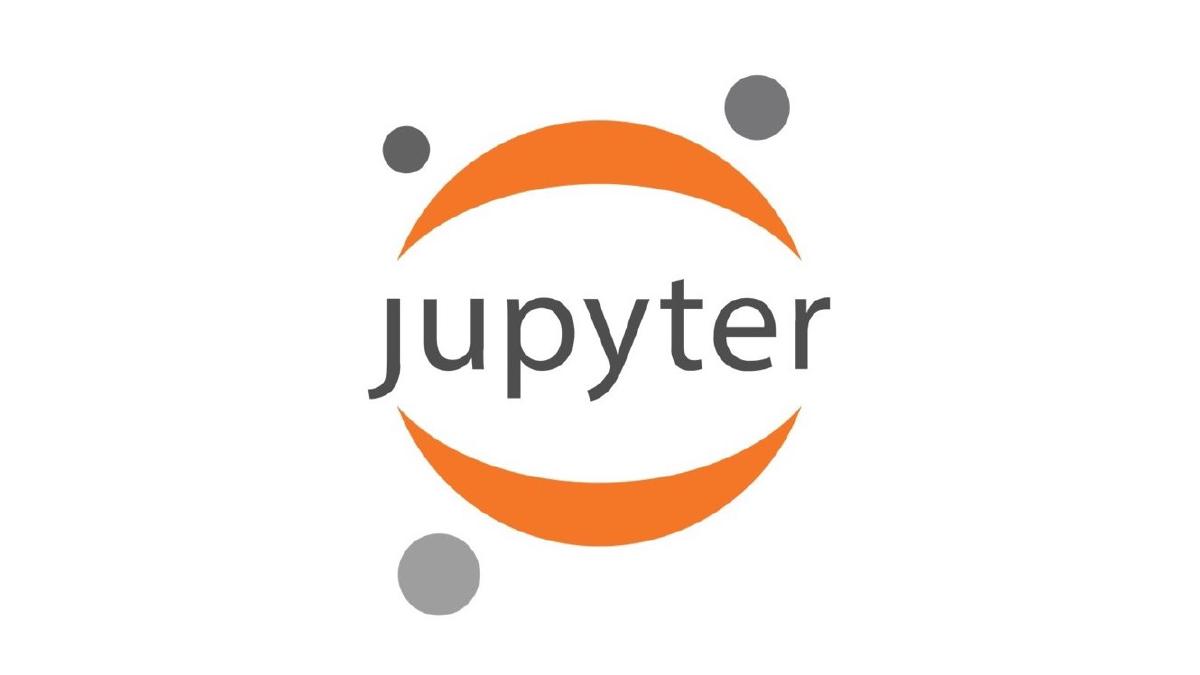
Teaching and Learning with Jupyter
Although originally developed for scientists to share their work, Jupyter notebooks are becoming a popular method to introduce data-rich science and mathematical investigations to secondary and intro college students. However, development of curriculum using Jupyter has far outpaced basic research in this area. Like other tools of science and mathematics, introducing python/Jupyter notebooks to students…
|
-
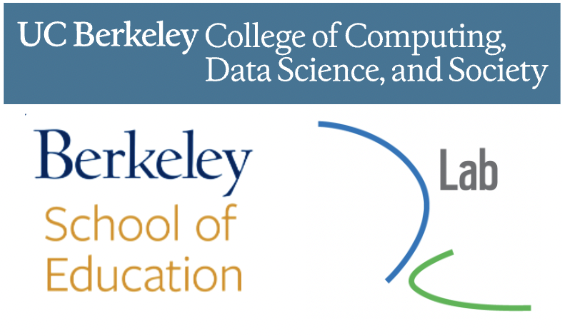
The Data Science Education Fellowship
This postdoctoral opportunity brings together faculty from College of Computing, Data Science, and Society (CDSS), the Berkeley School of Education (BSE), and the Social Sciences D-Lab. These faculty will support three (3) fellows as they study the teaching and learning of Data Science, with attention to both instruction and content, and to pathways across educational…
|
-
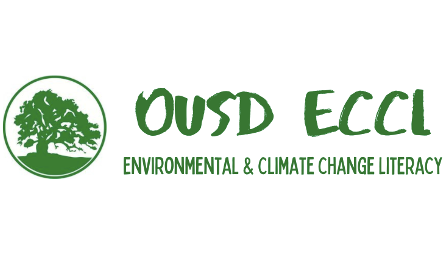
Oakland Teachers Advancing Climate Action (ECCL, JCCCP)
The Oakland Teachers Advancing Climate Action (OTACA) collaborative builds on existing collaborations of teachers who are working to make learning local, active, and relevant for students. The OTACA community designs and tries out student-action projects related to environmental justice. Funded by: University of California Office of the President (active), National Science Foundation DGE-2222255 (concluded)
|
-
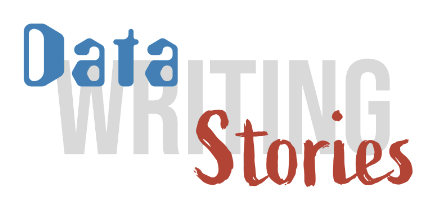
Writing Data Stories
This project integrates computational data analysis into the middle school science curriculum. Students combine personal experience, interviews, and journalistic investigations of scientific phenomena with data investigations to create multimodal “data stories” that both tell stories about data and how it was collected and analyzed, as well as with data about socio-scientific issues. Funded by: National…
|
-
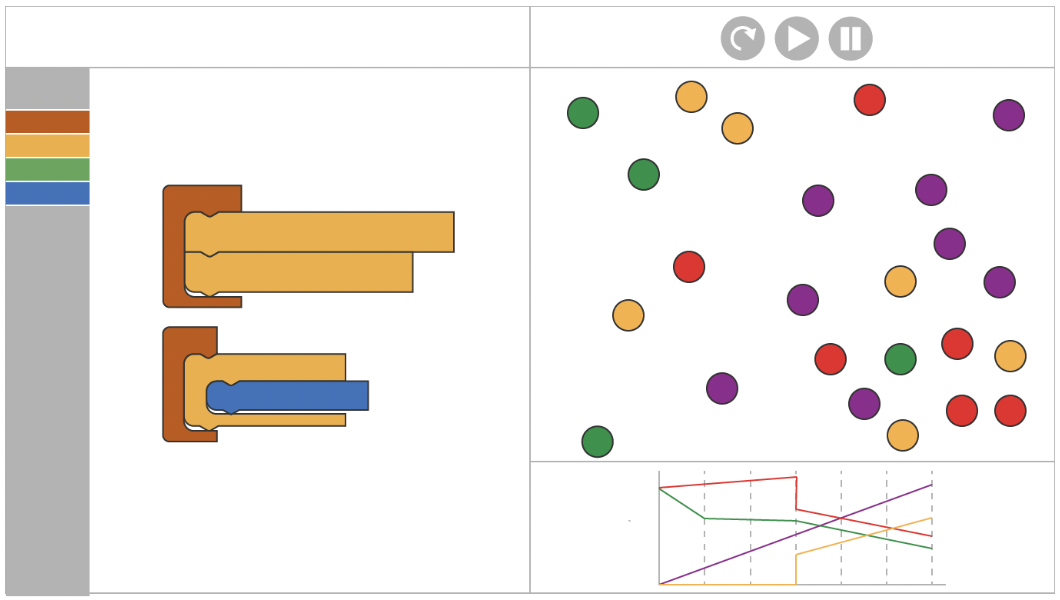
Sustained Modeling in K12 Science (A2S)
From Access to Sustainability: Investigating Ways to Foster Sustainable Use of Computational Modeling in K-12 Science Classrooms (A2S) seeks to support and examine the development of computational modeling as a sustained practice in middle school science classrooms Funded by: National Science Foundation DRL-2010413 (active)
|
-
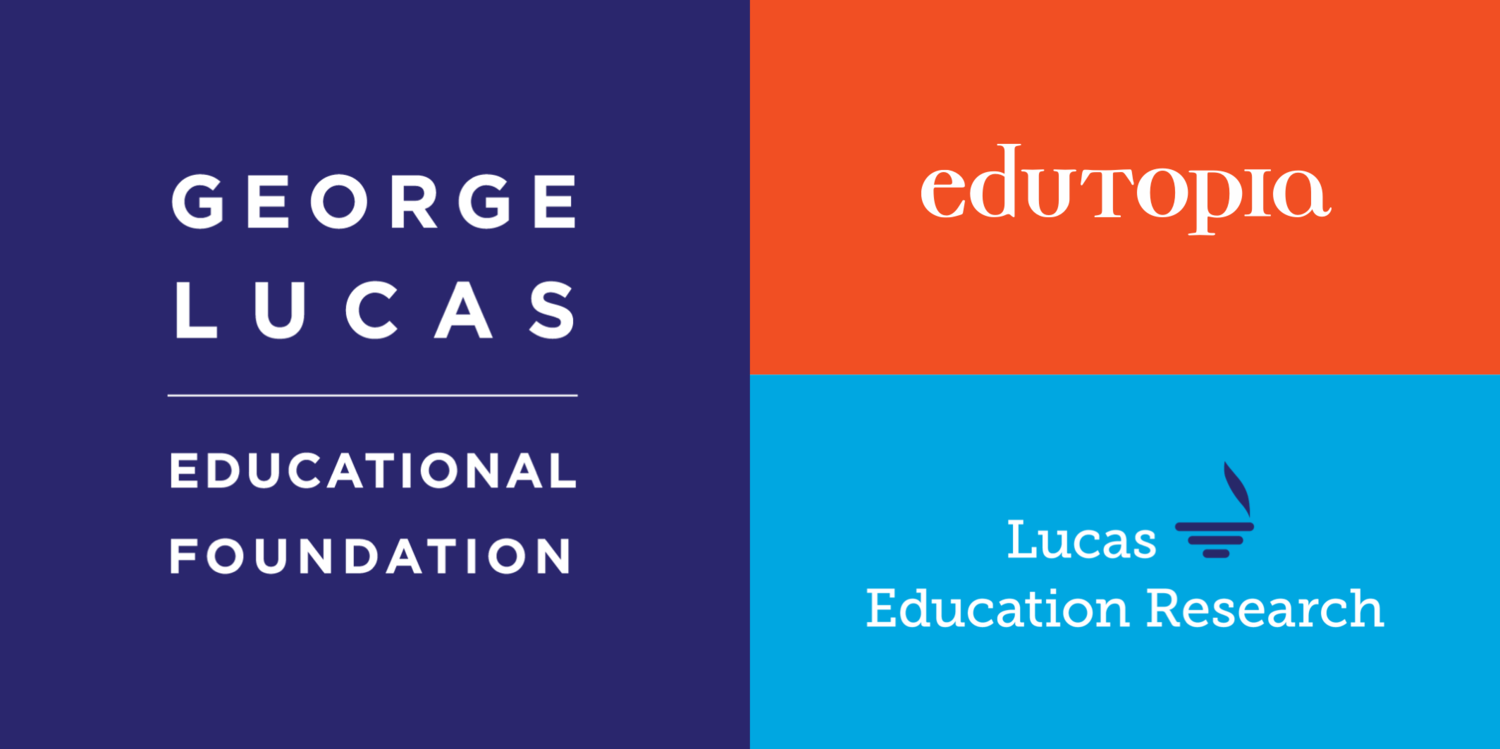
Computing as Multiliteracies (ECLES)
The “Computing as Multiliteracies Partnership” (CoMP) explores equity within the context of computing across the K-12 curriculum. Our projects, Writing Data Stories (WDS) and Participating in Literacies and Computer Science (PiLa-CS) come together to examine: What are general approaches to equitable, literacy-based computing education? Funded by: Lucas Education Research (concluded)
|